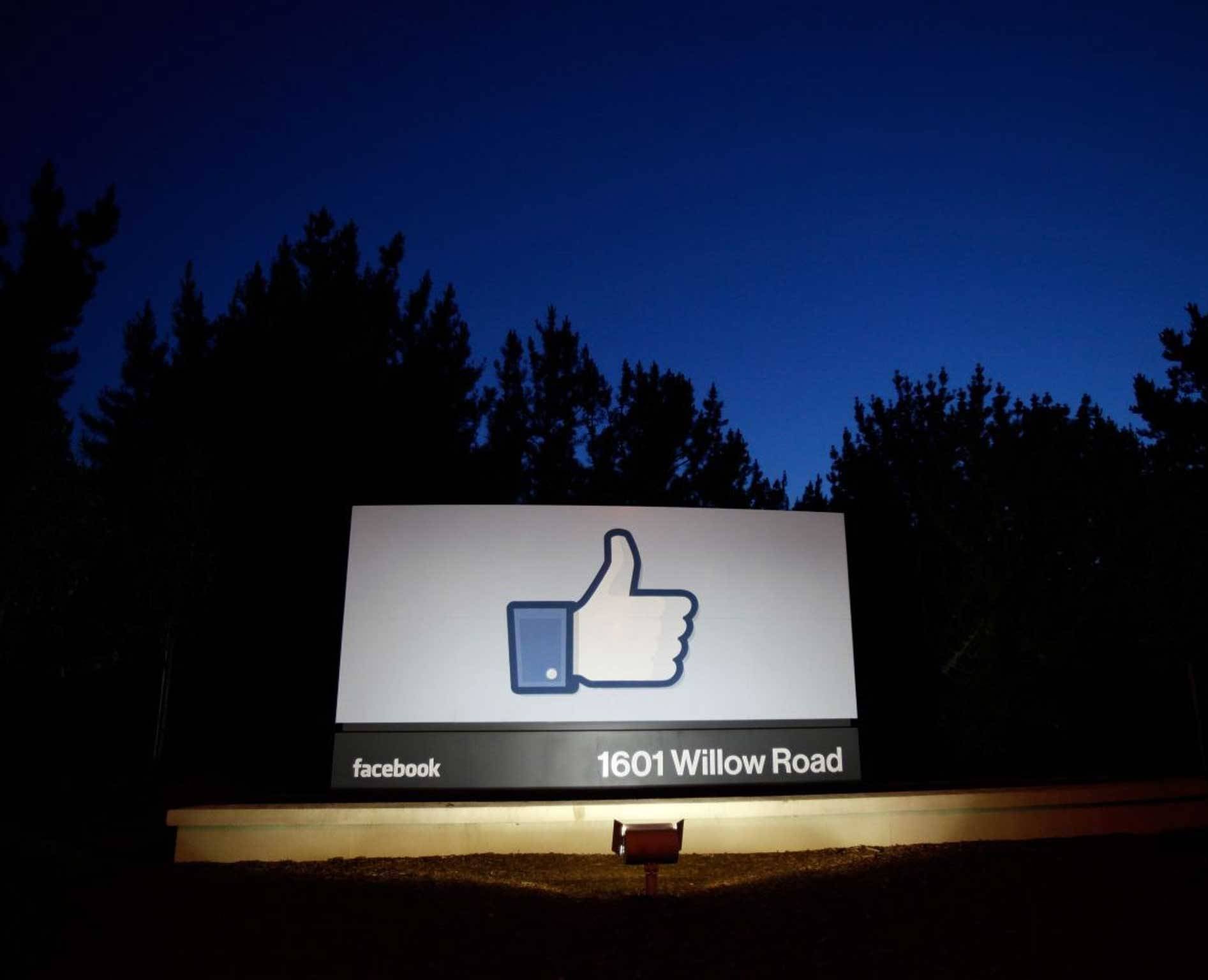We might not trust Amazon, Google and Facebook, but we should still give them a chance
The biggest changes in the last 20 years have been the result of a handful of US companies


We love them but we hate them – or rather the familiarity, ease and eagerness with which Europeans use American innovations in IT is in sharp contrast to the rising hostility of European authorities towards companies such as Google, Amazon and Facebook.
Thus in the past few days we have Germany pushing Google to reveal the secret formula of its search engine, and its executives touring Europe to try to offset pressure on the “right to be forgotten”.
We have Amazon criticised for routing £4.3bn of its British sales via a Luxembourg affiliate, with only £449m coming from the UK, and paying only some £5m in corporation tax here. We have Facebook facing similar pressure both on tax and privacy grounds. Amazon is attacked for its tax arrangements in Europe (though it does pay a lot of tax in America) and for the working conditions in its warehouses. It is also locked in a long legal battle with the French publishing giant Hachette. And Uber, the taxi app, is the subject of close attention from German courts.
There are two broad charges against US hi-tech giants. One is that they don’t pay their fair share of tax; the other that their monopoly or near-monopoly power is too great.
On the first there is a concerted push-back by Europe, but also grave concerns in the US too. Just this week the OECD has launched a scheme for country-by-country reporting of tax, to try to counter the ability of companies to play off the different tax regulations against each other. This is being considered at the G20 finance ministers’ meeting taking place in Australia, and while this is not specifically a European attack on US companies (Congress is upset too) it is pretty clear who are the targets.
But tax in a way is the easy issue. It is not easy to fix, given the competing company tax regimes around the world and the growing importance of intellectual property as an element of international trade. But at least it is intellectually clear. The other issue, the monopolistic power of a handful of companies, all US-owned, is not.
The statistics shows why. In Europe more than 90 per cent of all online searches are through Google; in the US it is “only” 68 per cent. Quite why that should be is not clear but what is clear is that here we vote with our fingers to use Google – and those of us who cussedly are trying Bing instead are of course using the subsidiary of another US company, Microsoft. There are lots of other stats. Amazon, which is the biggest advertiser on Google, is apparently bigger than the next dozen online retailers combined.
Facebook is up to 1.3 billion monthly active users worldwide, with around 30 million in the UK. That is 18 per cent of the world’s population and 47 per cent of ours. I know that American teens are reported to be leaving Facebook but it still has more than half of Americans on it. And if you want to know what Francois Hollande thinks, well, go to Twitter – but beware of the fakes.
When the president of France uses Twitter to get his views across, you know that from a technological point of view the world belongs to les Etats-Unis. Unsurprisingly, that rankles.
But should it? The biggest changes that have taken place in the day-to-day lives of just about the entire world population over the past two decades have been the result of the acumen of a handful of US companies. There have been a few innovations pioneered elsewhere, such as mobile telephony which was initially at least driven by European standards, but only a few. The rest of us, be we prosperous Western Europeans or Indian farmers, have piggy-backed on US innovation. China has developed clones, but that is what they are: just copies.
Most of this technology is free, or almost free. You pay nothing to look up where you are going on a Google map, or see the entrance to the car park on Street View. You pay nothing to see whether the jams on the M6 are so bad that you would be better to go up the A1 and turn left at Scotch Corner. You pay nothing to get a translation of a document from just about any language in the world – maybe not a very good translation but better than nothing.
I draw three conclusions. The first is that since many of these services are free means that they are not caught in GDP, and therefore the official figures are not picking up radical improvements to our standard of living.
The second is that we must still be in the early stages of learning how these technologies will further lift both standard of living and quality of life, for the general pattern of innovation in the past has been that it takes a couple of decades for innovations to have their full impact on economic activity.
And the third is while of course all new technologies are disruptive and carry costs, we should feel gratitude for a country that can develop all this, and even more so for an economic system that gives access to it to just about anyone anywhere in the world.
Join our commenting forum
Join thought-provoking conversations, follow other Independent readers and see their replies
0Comments